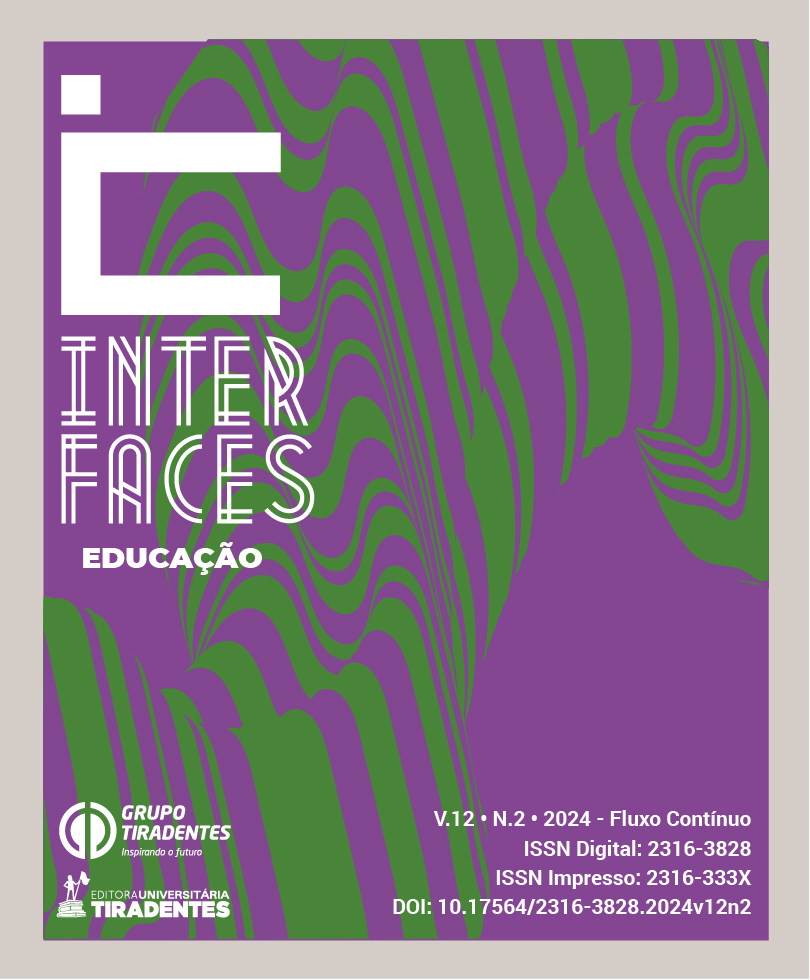Human Rights Education in the network society
Considerations on Digital Coloniality
DOI:
https://doi.org/10.17564/2316-3828.2024v12n2p231-241Published
Downloads
Downloads
Issue
Section
License
A Revista oferece acesso livre e imediato ao seu conteúdo, seguindo o princípio de que disponibilizar gratuitamente o conhecimento científico contribui para a democratização do saber. Assume-se que, ao submeter um artigo, o(a) autor(a) se reconhece como detentor(a) do direito autoral sobre ele e autoriza seu livre uso pelos leitores, podendo ser, além de lido, baixado, copiado, distribuído e impresso.Abstract
Understanding the meaning of coloniality in today's society requires considering the technological perspective, as the colonialism currently practiced in postmodern society does not concern territorial exploitation and eventual riches found, but the so-called colonialism of data, which is characterized by making the subject the object of exploration. It is in this way that this new colonialism is considered from the perspective of the violation of human rights, since the subjects do not identify themselves nor recognize themselves as objects of exploitation and domination, they are not even aware that they collaborate with this process, as producers and suppliers of raw material necessary for exploration, that is, the data that will feed the algorithmic voracity, which will be fundamental to modulate its behavior, giving rise to a technological subordination, which it is not even aware of. Such subordination is verified in the disrespect to freedom, to the privacy of the subject, to the information that the data provided by him is being used by Big Techs to modulate his choices and preferences. Reflecting on this invasion and the deleterious effects it produces, especially in public education policy, is the purpose of the reflections engendered based on studies by Couldry and Mejias (2018), Quijano (2009), Cassino, Souza and Silveira (2021), Simonard (2020), Saviani and Galvão (2021) and Zuboff (2021).

















